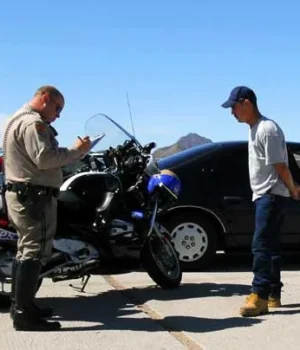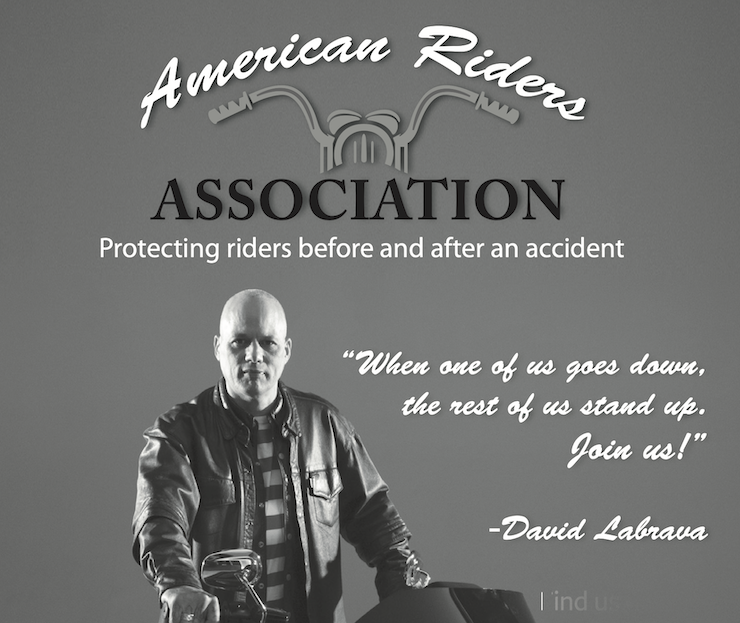So, how fast can you go over the speed limit without getting a ticket?
Alright, listen up. The “limit” is the max speed posted by the powers that be, whether it’s the city, county, or state. It could be the minimum too, depending on the rules. Forget that myth about a 5 or 10 mph cushion—it doesn’t officially exist. The fuzz gets a little nudge from the Association of Chief Police Officers (ACPO), advising them to cut you some slack with a bit of a buffer. We’re talking the speed limit plus 10% of that limit, plus 2 mph. So, in a 30 mph zone, that means you might get away with 35 mph. In a 40 mph zone, it’s more like 46 mph, and so on.
But don’t get too comfortable. That advice is just that—advice. Cops can still bust you for going 31 in a 30 if they’re in the mood, or if they’ve got a thing against your ride and your look. That’s why a lot of bikers are pushing for anti-profiling laws, making sure the boys in blue don’t hassle us just because we’re rolling on two wheels and looking mean.
So here’s the deal; The Cleveland Plain Dealer crunched the numbers last year, digging into 2.7 million tickets slapped on by the Ohio State Highway Patrol between 2018 and 2022. Turns out, if you’re cruising 9 mph over the limit on Ohio’s roads, highways, or the Turnpike, your chances of getting tagged are pretty slim. But the second you push it to 10 mph over, your odds of seeing those flashing lights in your mirror shoot up. Their analysis showed that troopers handed out an average of 1,889 tickets a year to drivers keeping it under 9 mph over the limit. But if you pushed it to 10 mph over? Bam—16,209 tickets a year on average.
Bottom line: that tiny 1 mph difference can be the line between riding smooth and getting hit with a fine. “Simply put, the 1 mph shift on the speedometer often separates a smooth ride from an expensive one,” claimed The Plain Dealer.
Here’s what else the analysis uncovered:
• Ticket numbers skyrocket during summer holidays and take a nosedive when the winter cold rolls in.
- May is the worst month for getting busted, with troopers dishing out nearly 70,000 tickets on average. July and August aren’t far behind, with around 60,000 and 50,000 tickets, respectively. But in December and February, the numbers drop, with just over 30,000 tickets handed out.
- And here’s a shocker: men are getting nearly twice as many tickets as women, blowing apart that old stereotype about women being the more distracted and reckless drivers. The count? A whopping 1.8 million tickets to men and 938,751 to women. So for the exact speed that’ll get you nailed, there’s no hard and fast rule. State troopers told the Plain Dealer it’s up to the cop on duty, depending on factors like weather and traffic flow. So, when you’re out there on the road, just know that they’ve got the power to decide when to pull you over. “People, including members of my own family, ask me all the time: ‘What speed can I go without getting a ticket?’,” said Trooper John Williams, who wrote the most tickets in the state, averaging about 2,000 tickets a year. “I could say one speed, but that isn’t what a trooper five miles down the road will do. Everyone is different.’’ Some states don’t mess around when it comes to speeding and reckless driving, but if you’ve got a lead foot, you’re in luck in Ohio. According to WalletHub, Ohio ranks as the 43rd least strict state in the country. So, you’ve got some breathing room. In nearly three-quarters of the states—and DC—they’ve got these “absolute” speed limits. That means if you’re caught going over the limit, you’re pretty much toast. The ticket alone is enough to nail you with a conviction. But in about 26% of states, including Ohio, things are a little more flexible. Ohio’s got a blend of absolute and prima facie speed limit laws, meaning sometimes you can argue you were driving safely even if you were over the posted limit. If you get hit with a ticket, you might still have a shot in court by claiming your innocence with one of these defenses:
1. Challenge the Speed Determination: If you’re going to argue this, you’ll need to know exactly how they clocked your speed and then figure out how to poke holes in it. Whether it was radar, laser, or pacing, if you can prove it was off, you might walk away clean.
2. Emergency Situation: If you had to break the limit to dodge an emergency or keep someone from getting hurt, you can claim that as your defense. It’s about proving you were doing what had to be done under the circumstances.
3. Mistaken Identity: Cops aren’t perfect, and in heavy traffic, they might have pulled over the wrong car. If you can show that it wasn’t your ride they clocked, you’ve got a solid case.
If it’s your first time getting caught, expect fines up to $100 and possibly a six- month license suspension. And don’t forget—if you’re 20 mph over the limit, that’s flirting with reckless operation charges, which could even land you in jail. Passing another vehicle? Don’t think you can go over the speed limit and get away with it. The posted limit is the law, period.
Most officers won’t hassle you for going less than 5 mph over, thanks to variations in speedometers, tire size, and the occasional tech error. But remember, any amount over the limit can technically get you a ticket, so it’s smart to keep it in check.
And one last thing—if you get a ticket from an accident, don’t plead guilty until you’ve had a chat with your lawyer. Trust me, it’s worth it to make sure you’re not digging yourself into a deeper hole.












